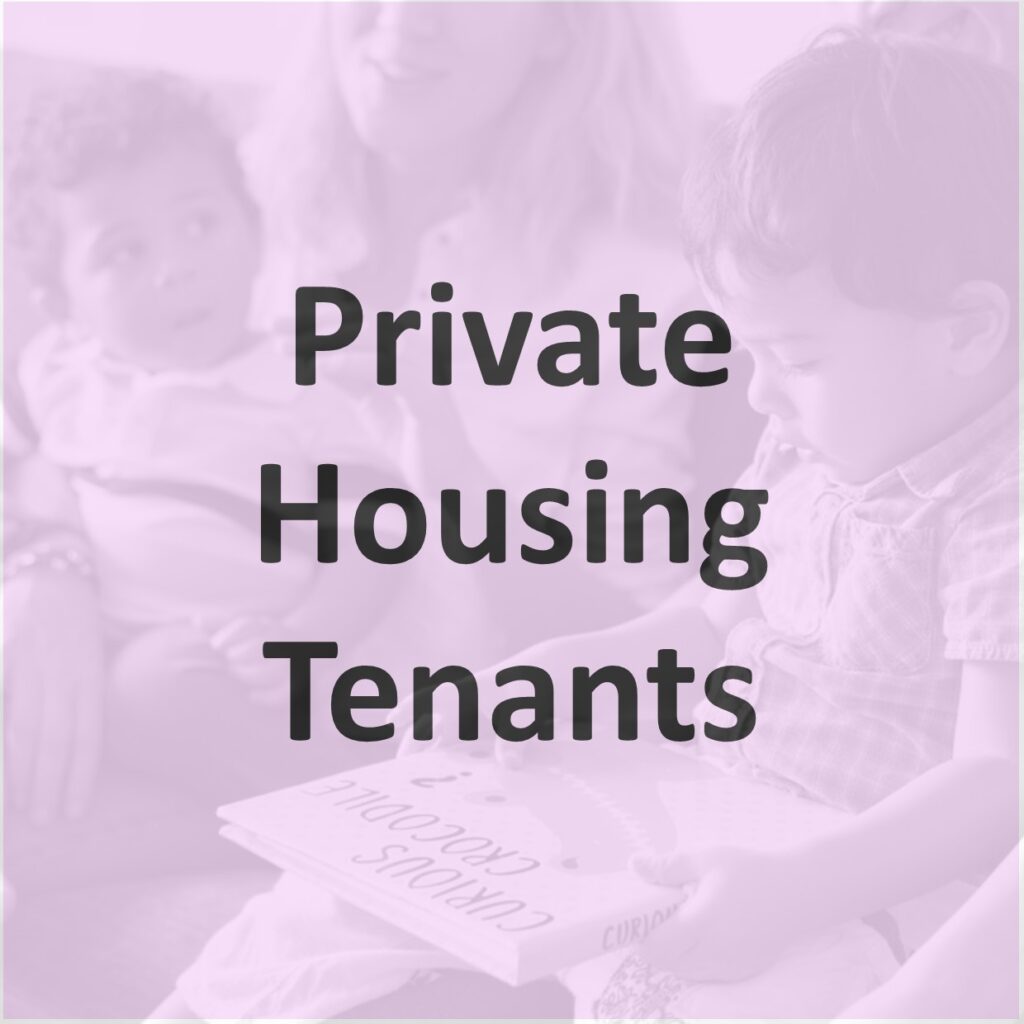
On this page you will find information and advice available from Lewisham Council, along with links to information on problems with your landlord, mould, repairs and unlawful evictions.
Private Tenants Advice on Lewisham Council Website
Your landlord’s responsibilities
Get housing advice:
Problems with your landlord
Keeping your house warm
Is your Landlord Harassing you?
Harassment is a criminal offence. It includes any action your landlord takes to disrupt your life or make you leave your property.
Your landlord is harassing you if they:
- disconnect your electricity, gas or water.
- repeatedly visit the property unannounced.
- phone you at all hours.
- send intimidating text messages.
- demand money you owe them in a way that causes alarm, distress or humiliation.
- carry out building works in a way that makes life intolerable.
- disturb your peace and comfort.
- let themselves in with a key without your permission.
- take your personal possessions instead of rent.
- interfere with your post.
- treat you in a certain way because of gender, race or sexuality.
You can contact the Rogue Landlords Team
- Telephone 0208 314 9285
- Email rogue.landlords@lewisham.gov.uk
Eviction Information for Private Tenants
You have the right to live safely and peacefully in your home – even if your landlord really wants you to leave. Your landlord can only end your tenancy if you agree to move out or they obtain a court order. If you don’t agree to go and your landlord hasn’t obtained a court order, then trying to make you give up your home may be a crime.
If your landlord has:
- Repeatedly asked you to leave.
- Cut off utilities, such as water, gas, or electricity.
- Stopped you using part of the property you had the use of before or changed the locks.
- Threatened, assaulted, or abused you.
- Made you feel unsafe or uncomfortable.
- Physically thrown you or your belongings out.
Get in touch with our Private Sector Intelligence and Enforcement team – call 020 8314 6420 or email rogue.landlords@lewisham.gov.uk. Lewisham can provide you with advice and support, and may be able to negotiate with your landlord and help you stay in your home or prosecute your landlord and help you claim compensation.
Is your home fit to live in?
Landlords have responsibilities to make sure their properties are fit for people to live in. A rented home is unfit to live in when conditions or safety issues are so bad that it’s not reasonable for you to live there.
This could be because the poor conditions:
- affect your health seriously.
- put you at risk of physical harm or injury.
- mean you cannot make full use of your home.
Landlords must make sure your home is fit to live in throughout your tenancy.
Which tenancies are covered?
The rule that a rented home is fit to live in applies to most tenancies regardless of when they started.
This includes if you rent from:
- the council
- a housing association
- a private landlord or letting agent
You were covered straight away if your tenancy started after 19 March 2019 or:
- you signed a new fixed term agreement
- your tenancy became ‘periodic’ (rolling)
Mould
If you rent from a private landlord, you should report any issues with damp and mould to your landlord or your landlord’s managing agent in the first instance. If your landlord fails to deal with the issues, you can contact our Licensing and Housing Enforcement team on 020 8314 6420 or pshe@lewisham.gov.uk.We will liaise with you and your landlord to address any issues with your home. If your landlord fails to comply, we can take enforcement against them.
Repairs
Your landlord is responsible for most repairs in your home. This applies to private landlords, councils and housing associations.
Their responsibilities include repairs to:
- electrical wiring
- gas pipes and boilers
- heating and hot water
- chimneys and ventilation
- sinks, baths, toilets, pipes and drains.
- the structure and exterior of your home, including walls, stairs and bannisters, roof, external doors and windows.
Find out more about who is responsible and how to report repairs
- https://england.shelter.org.uk/housing_advice/repairs/landlord_and_tenant_responsibilities_for_repairs
- https://england.shelter.org.uk/housing_advice/repairs/how_to_report_repairs_to_a_private_landlord
Worried about eviction if you report repairs?
Some private landlords take steps to evict tenants who ask for repairs.
This is called a revenge eviction. Sometimes you can stop a revenge eviction.
Your landlord must follow the legal process. A section 21 eviction can take a few months.
Advice guides and letter templates for private tenants and people looking for a home through a private landlord or letting agent.
More information information can be found on these websites


